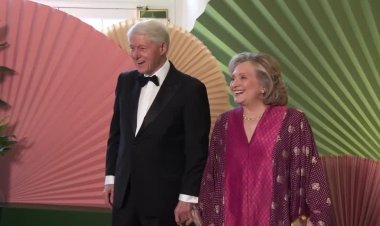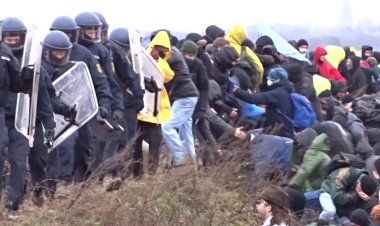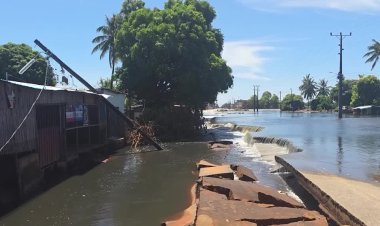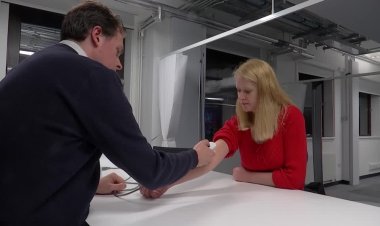EU scrambles for Ukrainian refugee response
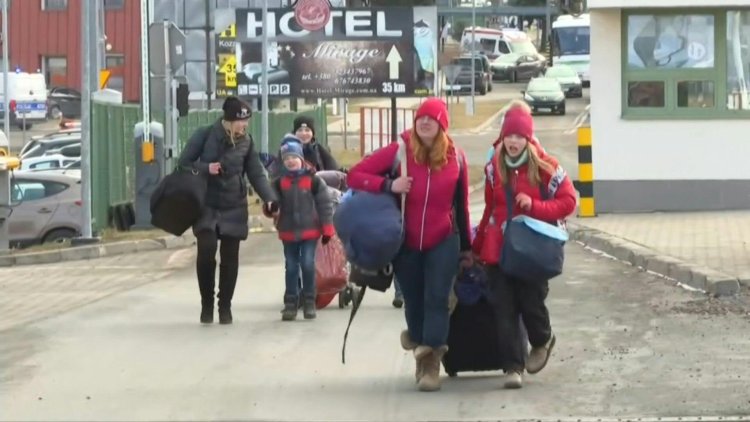
The European Union moved to coordinate a welcome for hundreds of thousands of Ukrainians fleeing the Russian invasion, talking notably about offering them temporary protection status.
Around 400,000 Ukrainians have crossed into the EU since the start of the offensive on Thursday. Half of them entered Poland, its government said.
A meeting of EU interior ministers raised the possibility of giving Ukrainians status under an as yet unused 2001 Temporary Protection Directive that would allow them to live and work in the European Union for up to three years.
"A very big majority" of ministers were in favour of rapidly activating that option, said French Interior Minister Gerald Darmanin, whose country holds the rotating EU presidency.
Under cooperation agreements, Ukrainians with passports bearing biometric data are allowed to enter the EU without a visa and stay for up to three months.
But EU Home Affairs Commissioner Ylva Johansson said the bloc needed to be ready to host them beyond that duration -- and that it needed to prepare for potentially "millions" of arrivals from Ukraine.
"It would be the right time to use the Temporary Protection Directive," she said.
The directive was originally drawn up for refugees from the conflicts that wracked the former Yugoslavia, with provisions for handling a massive inflow of people and measures to distribute them across the EU's 27 nations.
Belgium was on the forefront of the member states calling for the protection directive to be applied.
"At this historical moment we need to make the right decision. Taking the right decision means... the Temporary Protection Directive being put in place," Belgian Immigration Minister Sammy Mahdi said.
For the tool to be used, though, a qualified majority of EU states -- 15 of the 27 countries representing a total of at least 65 percent of the bloc's population -- need to back it.






